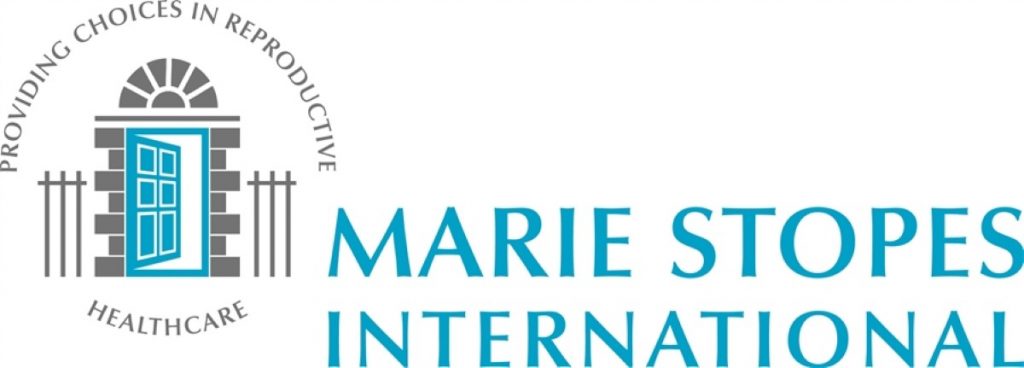Marie Stopes International: New study shows young people need clearer information about contraception
Marie Stopes International is urging all schools to ensure good provision of sex and relationships education as a new survey finds more young people are failing to use any form of contraception with a new partner.
A study of under 24 year olds for World Contraception Day has found that one in four sexually active respondents in Britain said they had failed to use contraception with a new partner – up from 20 per cent the previous year.
Britain’s leading independent sexual and reproductive health provider Marie Stopes International says the growing number of young people practicing unsafe sex was concerning and should send a clear message to Government that urgent action is needed to deliver comprehensive sex and relationships education to young people.
The theme of World Contraception Day is Taking Responsibility for Contraception – and while most respondent said that both partners were both responsible for using contraception – many were still practicing unsafe sex.
Confusion and a lack of information about contraception was apparent with almost half of respondents saying they were not very familiar with or were confused about the different types of contraception.
Tracey McNeill Vice President of UK and Europe at Marie Stopes International said the delivery of sex and relationships education across Britain was patchy and the latest survey results highlighted the need for comprehensive and standardised sex and relationships education to be taught in all schools.
“This survey shows that more than half of the respondents had already had sex by their 18th birthday and the Government’s own data shows 83 per cent are sexually active by the same age. Sex and relationships education (SRE) is one of the key interventions to reducing the high risk sexual activities of some young people.
In the UK 25.5 births per 1000 are to teenage mothers, the highest in Europe and five times higher than in a country like Holland where sex and relationships education is taught to all students from a young age. Dutch women are on average a year older when they first have sex and are more likely to use contraception compared to British girls.
“Research shows SRE taught in conjunction with contraceptive services is effective in getting young people to delay sexual activity, to use contraception and condoms when they engage in sex and reduces the number of sexual partners. This results in a decrease in the number of unplanned pregnancies and sexually transmitted infections.
“Marie Stopes regularly receives phone calls from teachers needing our help to inform their students about contraception. We have even received a call for help from a teacher who had two of his 13 year old students fall pregnant. It’s because of experiences like these that we are lobbying Government to bring in a national and comprehensive curriculum to assist schools and teachers in delivering SRE, but in the absence of such a curriculum to date, we encourage individual schools to take the lead.
“Marie Stopes International believes SRE is important in giving young people the relationship skills to negotiate delaying sex or practicing safe sex. This will help overcome the concerning statistic that some respondents who failed to use contraception did so because their partner didn’t want to use it.”
The survey, funded by World Contraception Day sponsor Bayer Healthcare, found that young British people are more likely than their European counterparts to blame alcohol for failing to use adequate protection, with one in five respondents that failed to use contraception saying it was because they were drunk and forgot.
Personal hygiene was rated as the most important consideration – ahead of contraception – when preparing for a date that could lead to sex.
– ends –
Media contact: +44 (0) 20 7034 2069 (m) +44 (0) 7748 948 257
Notes to editor
Statistics:
. Both men and women rated personal hygiene as the most important consideration – ahead of contraception – when preparing for a date that could lead to sex.
. One in eight that said they did not use contraception – chose not to because their new partner preferred not to use protection.
. One in three people said that if their partner was thought to have an STI that it was up to their partner to seek a diagnosis and information – even though they themselves could be infected.
. 51 per cent of male and 41 per cent of female respondents were not very familiar with or were confused about the different types of contraception or didn’t know which method was best for them. Britons were among the least aware in western Europe
. Almost one in four young people believed the withdrawal method was an effective form of contraception.
The research was part of a worldwide survey of 5223 respondents and was funded by Bayer Healthcare. A total of 206 British under 24 year olds (100 male and 106 females) responded to the questions carried out via online interviews by GfK NOP in May 2010.
World Contraception Day
Marie Stopes International is one of 10 global partners to World Contraception Day.
Marie Stopes International
Marie Stopes International is Britain’s leading independent sexual and reproductive health provider, delivering services to more than 100,000 clients across nine centres each year. We are an outcomes-driven health service provider, delivering clinical excellence. Marie Stopes is a not-for-profit organisation working to ensure that men and women can plan their family and have the information, tools and treatments to protect themselves against unplanned pregnancy and sexually transmitted diseases. Internationally, we deliver family planning and sexual healthcare to more than six million people each year in 43 countries. For more information, please visit our website www.mariestopes.org.uk





-01.png)